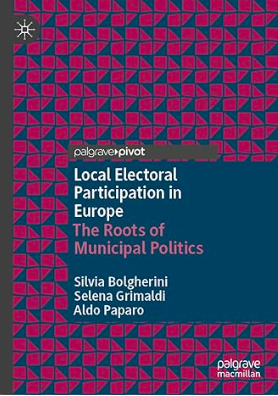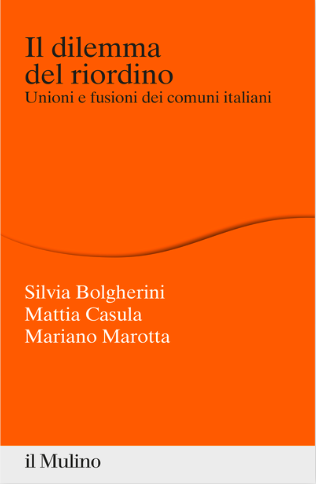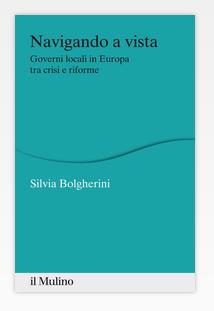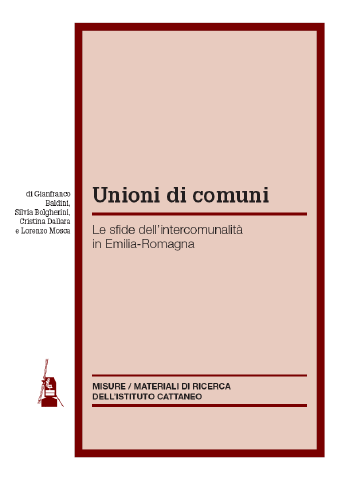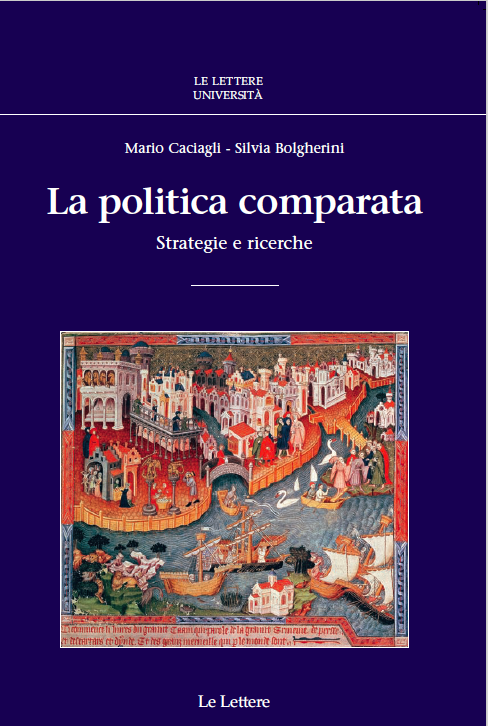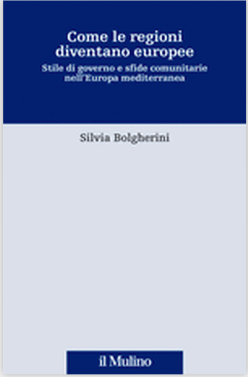Books
While electoral participation is a traditional topic in political science, voter turnout at the local level is still largely uncharted. There are very few large-N comparative works on municipal turnout and, as a result, a lack of a comprehensive comparative picture of local electoral participation. This book aims to fill that gap by taking an innovative approach to the topic. The volume makes three major advances at the empirical, methodological, and theoretical levels. Empirically, it provides a large-N comparison by covering 18 European countries and more than 70,000 municipalities. Methodologically, the book uses the multi-level congruence theory to study municipal turnout in relation to national turnout, exploring the variation between those levels. Theoretically, it bridges the two main (and often mutually exclusive) strands in the literature on local elections – the lower-rank and different-kind approaches – and it assesses the features and mechanisms of local voting.
La Germania sospesa
with G. D'Ottavio (2019) Il Mulino
(EN: The Merkel Era in a suspended Germany)
Seventy years after the birth of the Federal Republic, German democracy is still considered among the most stable and efficient in Europe. On the other hand, more recent events indicate that even the German political system cannot consider itself sheltered from the challenges that all Western democracies are facing. As the end of the Merkel era approaches, here is the picture of a 'suspended Germany': between traditional stability and the unknowns of the present. This volume offers a cross-section of contemporary Germany with both historical and political science perspectives, linking the new political scenarios to their past. Among the topics examined: the return of History to public debate, the transformations of German European politics, the crisis of the major parties and the rise of Alternative für Deutschland, the federal elections of September 2017, and the leadership of Chancellor Merkel.
Il dilemma del riordino
with M. Casula and M. Marotta (2018) Il Mulino
(EN: The Puzzle of Rescaling. Municipal Unions and Amalgamations in Italy)
Municipal Unions and mergers of municipalities (amalgamations) are tools of territorial reorganization used in many countries, including Italy. Especially in years of crisis and austerity, the increase in size of local authorities (and the decrease in their number) seems to have highlighted an irreconcilability: that between the ability of these entities to effectively provide basic services to citizens, and the principles of local democracy and proximity. This volume attempts to explain how, in order to overcome this dilemma, it is appropriate to consider a number of variables and factors that account for the complexity and multidimensionality of territorial reorganization. National and local policy-makers and administrators can draw knowledge and practical insights from the analysis proposed in the volume and from the identification of a set of analytical dimensions and indicators that can be used both as descriptive and evaluative tools and as guiding criteria when dealing with policy decisions involving municipal unions and mergers.
Local governments in Europe are changing profoundly. A new wave of reforms, accelerated by the global crisis, has invested local governments in their powers, bodies, and sometimes even their boundaries. Above all, however, it has laid the groundwork for a transformation in the intergovernmental relations between the center and the periphery. This volume gives an account of this evolution by analyzing, from a comparative perspective, the recent reforms of local governments that have taken place in three major European democracies -Italy, Spain, and Germany- with a special focus on the role of so-called intermediate bodies (provinces and unions of municipalities). The study aims to offer readers an interpretative key to these reforms, placing them in the broader reflection on the concept of institutional sustainability and pointing out their first effects, as well as possible bottlenecks.
The book examines, in comparative perspective, the development and evolution of municipal unions(UCs) as a form of inter municipal cooperation. The main objective of the research consisted of an in-depth study of three cases, aimed at examining the real dynamics and concrete problems concerning the transfer and management of joint services. The added value of the research thus consists in the attempt to go beyond merely descriptive surveys or quantitative studies - often limited to the analysis of the formal aspects of intermunicipal associationism -to grasp the strengths and weaknesses of associative processes and to draw medium-range conclusions on the phenomenon of intermunicipality, in Emilia-Romagna and Italy.
This textbook is one of the few attempts to present comparative politics as a discipline and method and, at the same time, to report in detail on research on important political phenomena. It is articulated in two parts that are different from each other but complementary. The first part is an introduction to comparative politics. It deals with its origins and developments, theories and tools of inquiry, privileged objects of analysis, and research strategies; as well as with the difficulties and limitations of comparison in political science. While it may be overstating the case to say that all political science analysis implies a comparative perspective, what is certain is that comparative politics is the central subdiscipline of political science. This text expounds its essentials in a simple yet rigorous manner. The second part of the handbook contains reasoned summaries, presented in the light of the approaches provided in the first part and accompanied by summary sheets, of six exemplary comparative politics researches conducted by as many Italian scholars. The reader can get a sense of how comparative political scientists work and what the results of their work can be. He or she can read about in-depth comparative inquiries into the formation of nation-states and nationalism in modern Europe, about parties and party systems, about leftist parties between the nineteenth and twentieth centuries, about parliaments in the major democratic systems, about transitions from authoritarianism to democracy in southern Europe and territorial political subcultures in Italy.
The path of European integration has been intertwined over the past two decades with the evolution of regional institutions in many member states. European regions have grown stronger in the EU arena, initiating in parallel profound transformations and adaptations. These changes have challenged established practices and ideas, prompting regional elites to assume new attitudes and assimilate new patterns of behavior, both through community influence and mutual emulation. This book aims, based on research conducted in eight regions of Mediterranean Europe, to illustrate these changes. To grasp the mechanisms that led the regions to assume a new way of managing European affairs, a few privileged areas of observation were chosen: the Committee of the Regions, interregional associations, Brussels-based regional representative offices, and Structural Fund partnership programs. The research on the eight regions of four states (Andalusia and Catalonia, Rhône-Alpes and Languedoc Roussillon, Tuscany and Campania, Attica and Epirus) seems to indicate that their European initiative is not just bureaucratic implementation, but properly pertains to the sphere of political leadership and administrative management. Among the challenges facing regions in Europe, the adoption of a "community style of governance" is then the most difficult, but also the most urgent.
